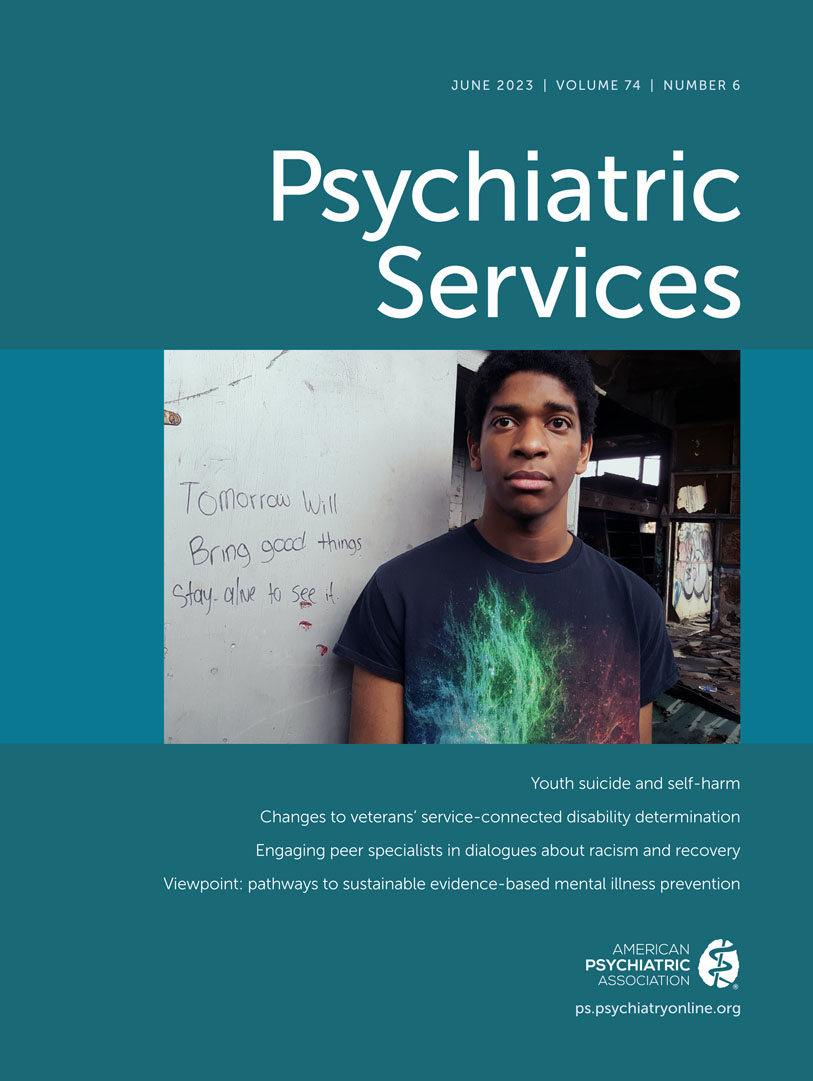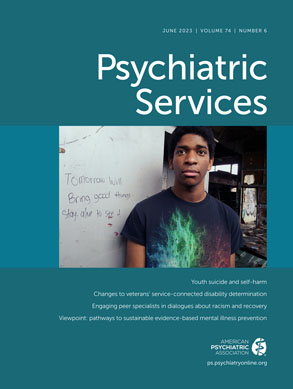The COVID-19 pandemic prompted a rapid shift in mental health service delivery. Utilizing telepsychiatry permitted safe continuation of treatment and provided new learning opportunities about how to implement evidence-based treatment modalities while maintaining fidelity standards.
The Treatment Foster Care Oregon (TFCO) program, developed through Patricia Chamberlain’s research, has significant empirical support for efficacy and positive outcomes and bridges community-based care with inpatient and congregate care. The program utilizes therapeutic foster homes as treatment settings for mental health interventions delivered by a well-coordinated clinical team. TFCO was clinically available in Michigan for only 18 months prior to the pandemic. It was imperative to maintain the program’s operation during the pandemic to prevent increased psychiatric hospitalizations of high-risk youths, because all hospitals were overtaxed.
COVID-19 social distancing requirements prompted the adaptation of TFCO face-to-face services to a virtual format. This transition was challenging given the intensity of the service, the short time the program had been in operation, and the importance of maintaining fidelity requirements for evidence-based practice certification.
The TFCO Michigan initiative team (state employees, urban research university staff, local community mental health agency representatives, and TFCO consultants) collaborated to develop a viable and effective temporary virtual protocol. TFCO teams purchased tablets and Internet hot spots for clinicians and families. The goal was to utilize virtual service delivery to maintain all treatment components (provider roles, assessment instrument administration, and implementation timelines) while face-to-face services were restricted.
Telepsychiatry encompassed screen sharing and virtual drawing pads to share information and illustrate concepts, creation of engaging online psychoeducational materials by teams to augment virtual implementation, review of homework assignments, and completion of worksheets in session. Youths attended virtual museum visits and play dates while staff modeled safe and effective use of social media. Interactive online video games allowed for modeling prosocial behavior while youths interacted with others within the game. Skills practiced during those games included cooperation, teamwork, negotiation, appropriate communication, and managing disappointment. A graduated approach to engaging in these virtual experiences was used to maximize potential for success and to reinforce self-esteem and expression of prosocial behaviors. On the basis of the family’s treatment goals, virtual family sessions used card and board games to model prosocial skills, including conflict resolution and use of humor to manage negative emotions.
Almost half of Michigan’s TFCO interventions occurred during the pandemic (N=7 of 15 families). Program services are clinically impactful for enrolled youths because they mitigate risk for psychiatric hospitalization and the need for other locked care settings. Consistent with prepandemic outcomes, every youth who has completed TFCO treatment in Michigan since 2020 has successfully met criteria to move to a lower level of care. Although one youth prematurely withdrew from treatment (because of guardian concerns about the safety of out-of-home health care early in the pandemic), this youth did not need additional clinical service.
The 2 years of experience with virtual adaptations of the TFCO Michigan initiative may inform how this service is delivered as the program expands. Several clinical advantages have been noted, including increased access to the home environment, opportunities to model problem solving in daily life, flexibility of session location and length, and ability to monitor body language and facial expressions without masks. More flexibility is now available for caregivers with limited child care and transportation resources.
From a programmatic standpoint, incorporating virtual technology into TFCO implementation during a workforce shortage crucially decreased staff travel costs and time. Funds were reallocated toward developing a virtual implementation infrastructure (e.g., hardware, Internet service, videoconferencing platforms) to comply with Michigan’s COVID-19 executive order 2020–21. Virtual implementation of TFCO has potential to increase access to care for families experiencing barriers, such as living in rural areas where mental health services are not available, thus advancing statewide implementation goals.
Of note, these clinical observations have not yet been systematically evaluated. Therefore, these adaptations cannot currently be considered a replacement for face-to-face treatment. However, observed benefits, including new skill-building opportunities for youths, increased options for engagement, and service continuity with guardians, warrant future research to evaluate the efficacy and efficiency of this treatment adaptation.

